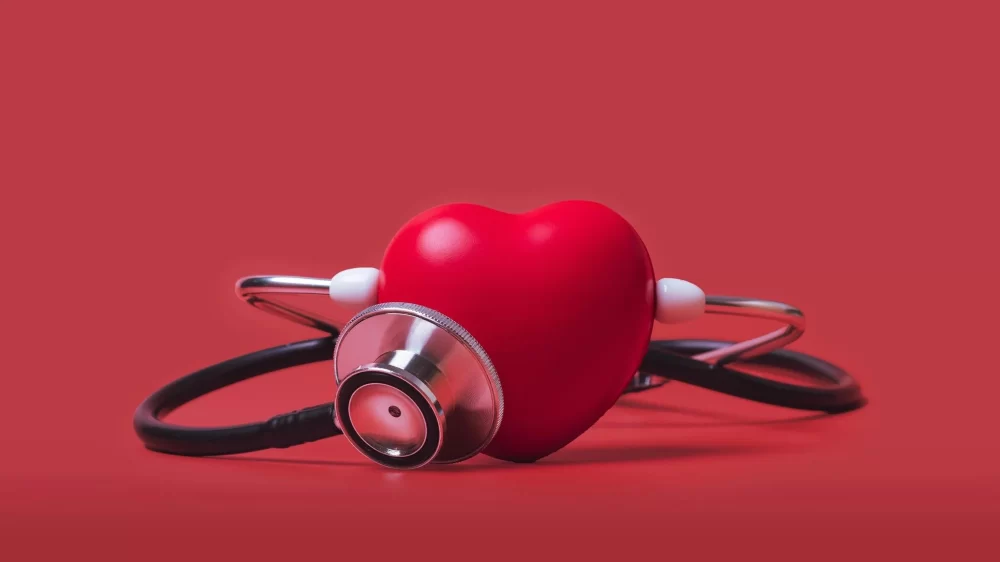- Understanding the Role of Hydration in Heart Health
- The Importance of Staying Hydrated for Your Heart
- The Impact of Dehydration on Heart Function
- How Hydration Helps Prevent Cardiovascular Disease
- Practical Tips for Staying Hydrated
- Conclusion
Understanding the Role of Hydration in Heart Health
When we think about heart health, we often focus on factors like diet, exercise, and genetics. However, one of the most overlooked aspects of maintaining a healthy heart is proper hydration. Hydration plays a crucial role in supporting cardiovascular health by ensuring that the heart can pump blood effectively, that blood vessels maintain optimal function, and that all body processes run smoothly. In this article, we will explore the importance of hydration for heart health, how dehydration can affect your cardiovascular system, and practical ways to stay properly hydrated.

The Importance of Staying Hydrated for Your Heart
Water is essential for every cell in the body, including the cells in your heart and blood vessels. Staying hydrated helps maintain healthy blood volume, which is necessary for ensuring that the heart can pump blood efficiently throughout the body. Proper hydration also helps to regulate blood pressure, which is critical for reducing the risk of heart disease and stroke.
Additionally, water supports the transport of oxygen and nutrients to vital organs, including the heart, and helps remove waste products from the body. Without adequate hydration, these processes become less efficient, putting additional strain on the heart and circulatory system. Therefore, maintaining optimal hydration is a key factor in supporting heart health and overall well-being.
Capital Health Medical Center – Hopewell
capital health medical center hopewell
1 Capital Way, Pennington, NJ 08534, USA

The Impact of Dehydration on Heart Function
Dehydration occurs when the body loses more water than it takes in, leading to a lack of sufficient fluid in the body to carry out normal functions. This can have serious consequences for heart health. When dehydrated, the blood becomes thicker, which makes it harder for the heart to pump it effectively. This can increase the heart rate and force the heart to work harder to circulate blood, which may lead to an increased risk of cardiovascular problems.
Chronic dehydration can also lead to low blood pressure, making it harder for blood to flow through the arteries and causing fatigue, dizziness, and fainting. Severe dehydration, in turn, can contribute to more serious heart-related issues, including arrhythmias (irregular heartbeats) and in extreme cases, even heart attacks. Staying hydrated helps maintain normal blood viscosity, supports proper circulation, and ensures that the heart doesn't have to work harder than necessary.
How Hydration Helps Prevent Cardiovascular Disease
Maintaining proper hydration can significantly reduce the risk of developing cardiovascular diseases. Studies have shown that even mild dehydration can impair blood vessel function, which can contribute to conditions like high blood pressure and atherosclerosis (the buildup of plaque in the arteries). By staying hydrated, you help support healthy blood vessel function and reduce the strain on your heart.
Proper hydration can also help lower the risk of heart attacks and strokes. When the body is well-hydrated, blood flows more easily through the arteries, and blood pressure tends to remain stable. This reduces the likelihood of clots forming, which could otherwise block blood flow to the heart or brain. Therefore, consistent hydration is a simple yet effective way to protect against heart disease.
Practical Tips for Staying Hydrated
While staying hydrated may seem simple, it can be easy to forget to drink enough water throughout the day. Here are a few practical tips to ensure you're getting enough fluids to support your heart health:
- Drink Water Regularly: Aim to drink at least eight 8-ounce glasses of water a day. If you exercise, you may need more to compensate for fluid loss.
- Eat Hydrating Foods: Include water-rich foods like fruits (watermelon, strawberries) and vegetables (cucumbers, lettuce) in your diet.
- Monitor Your Urine: A good indicator of hydration is the color of your urine. Clear or light-colored urine typically indicates adequate hydration, while dark urine may suggest you need more water.
- Carry a Water Bottle: Keep a water bottle with you at all times to remind yourself to drink throughout the day.
- Drink Electrolyte Beverages: In hot weather or after intense physical activity, electrolyte drinks can help replenish lost minerals and fluids.
If you're looking for tools and resources to help maintain optimal hydration, HeartCare Hub offers a variety of products that can support your health journey, including hydration reminders, water bottles, and heart-healthy supplements.
Conclusion
Proper hydration is vital for maintaining a healthy heart and preventing cardiovascular disease. Dehydration can lead to a range of heart-related issues, from high blood pressure to an increased risk of stroke. By ensuring that you're drinking enough water and supporting your body's hydration needs, you can keep your heart functioning at its best.
Remember, the simple act of staying hydrated can have a profound impact on your heart health and overall well-being. To help you along the way, HeartCare Hub provides a variety of products and services that can assist in your hydration and heart health journey. Start prioritizing hydration today to enjoy a healthier, more vibrant life!






















Deborah Heart and Lung Center
deborah heart and lung center
200 Trenton Rd, Browns Mills, NJ 08015, USA